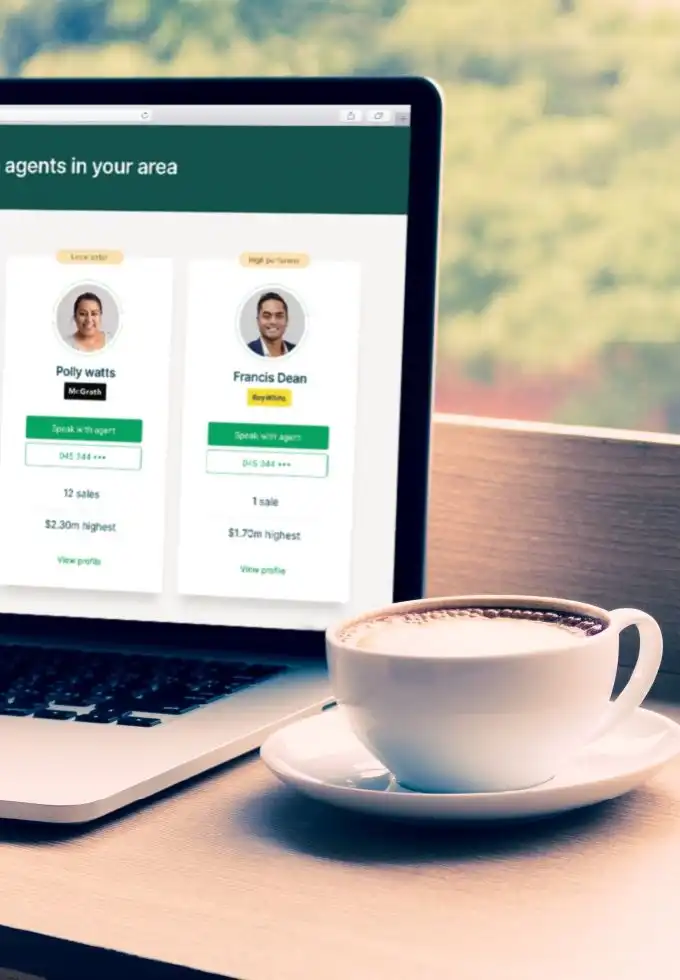How soon can I sell my house after purchase in Australia?
When purchasing a property, the last thing on most buyers' minds is selling. However, life can be unpredictable, and circumstances may arise that necessitate selling your new home sooner than expected.
If you find yourself in this situation, you're probably asking the question: "How soon can you sell a house after buying?" In this article, we will explore the rules, considerations and implications surrounding selling a recently purchased property in Australia.
How soon can I sell my house after purchase in Australia?
In Australia, there are no specific restrictions on how soon you can sell your house after purchasing it. Once the property is officially in your name and the settlement process is complete, you have the right to sell it at any time.
However, selling your property right away may not be the wisest decision as you should firstly consider several practical and financial factors when deciding how soon to sell your house after purchase.
Selling your house before 1 year
Selling a house is a significant decision that requires careful thought and consideration. While circumstances may arise that necessitate selling a property soon after purchase, it's important to approach this decision with caution.
In Australia, selling within one year of purchase can have multiple implications and considerations that should be taken into account. Some of the considerations to keep in mind include:
Capital gains tax (CGT)
Capital Gains Tax is a tax on the profit you make from selling an asset, including property. Whether or not you need to pay CGT depends on how the property was used.
- If your property is your main residence, there is an exemption: if the property is your principal place of residence (PPOR), i.e. your main home, then you may be completely exempt from CGT, even if you have owned it for less than 12 months. There's no minimum ownership period to qualify for this exemption, as long as the property meets the ATO's definition of a main residence.
- If your property is an investment property, you may be liable for CGT: If the property is not your main residence, i.e it's an investment, different rules apply.
- If you've owned the property for less than 12 months, 100 per cent of the capital gain is added to your taxable income
- If you've owned it for 12 months or more, you're generally entitled to 50% CGT discount on the gain
Remember: tax laws in Australia, and especially around property, can be quite complex and can change. You should always seek the advice of a registered account or the ATO if you seek clarification.
Time and effort
Selling a house involves significant time and effort, including property preparation, marketing, negotiations, and completing legal processes. Selling within a year means going through these procedures again relatively soon, which may not be ideal if you prefer a more stable and less demanding real estate experience.
Selling your house within a year may also disrupt your established routine and familiar environment which can be emotionally-taxing.
When should you sell your house soon after purchase?
While many homeowners prefer a traditional sales process, circumstances may arise where selling your home relatively quickly becomes a priority. Whether driven by financial needs, life changes, or market opportunities, a swift sale can offer numerous advantages.
Selling your home relatively quickly can be favourable in certain situations including:
Financial hardship
If you are facing financial difficulties, such as mounting debts, job loss, or unexpected expenses, selling your home quickly can provide the funds needed to address these challenges and avoid further financial strain.
If you also find that holding onto the property is too financially burdensome through expenses such as property taxes, insurance costs and strata/maintenance fees, it may make sense to sell.
Market opportunities
In certain cases, there may be favourable market conditions that make it an opportune time to sell quickly. This could include a seller's market, where demand exceeds supply, creating an environment where properties sell rapidly and at potentially higher prices.
You may also look to sell to put your capital elsewhere, including more lucrative investment opportunities or other markets.
Significant home improvements
If you’ve made some considerable improvements and changes to your property, it might make sense to sell in under 12 months in order to make some quick gains.
Selling soon after home renovations and improvements can allow you to recoup your investment sooner, maximise market appeal, and avoid potential depreciation or changing market trends.
How long do I have to wait to sell my house?
In Australia, you can sell your house as soon as the property is officially in your name and the settlement process is complete. However, this may not be the wisest decision when considering the capital gains tax implications, limited return on investment and time and effort involved. With this said, It’s best to consult a local agent to help you navigate the process of selling your home.
What happens if i sell my house within 1 year?
If you decide to sell your property in before 1 year, you will have to consider paying more in capital gains tax and the possibility of a limited or negative return on investment.







